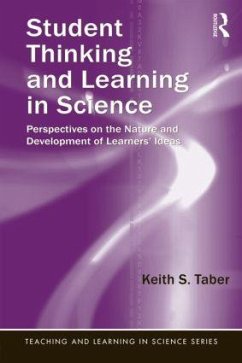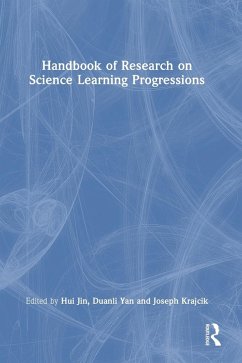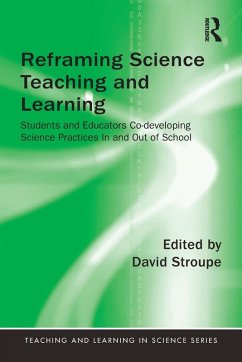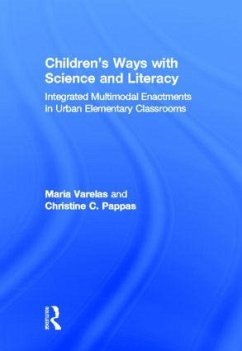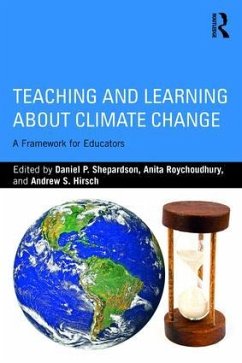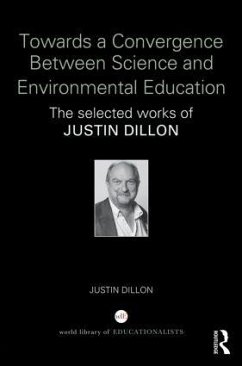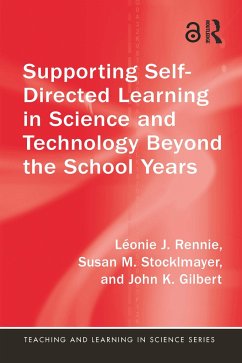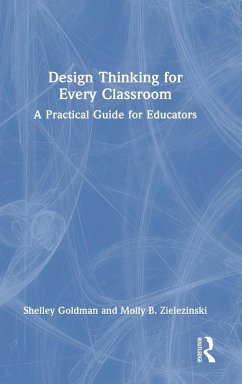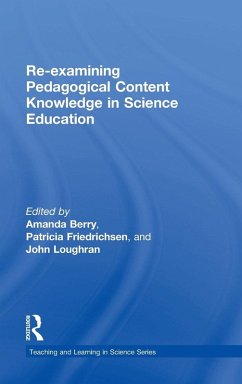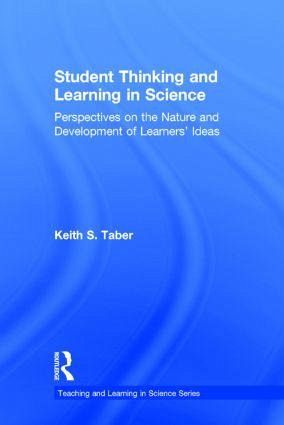
Student Thinking and Learning in Science
Perspectives on the Nature and Development of Learners' Ideas
Versandkostenfrei!
Versandfertig in 1-2 Wochen
180,99 €
inkl. MwSt.
Weitere Ausgaben:

PAYBACK Punkte
90 °P sammeln!
This readable and informative survey of key ideas about students' thinking in science builds a bridge between theory and practice by offering clear accounts from research, and showing how they relate to actual examples of students talking about widely taught science topics.





